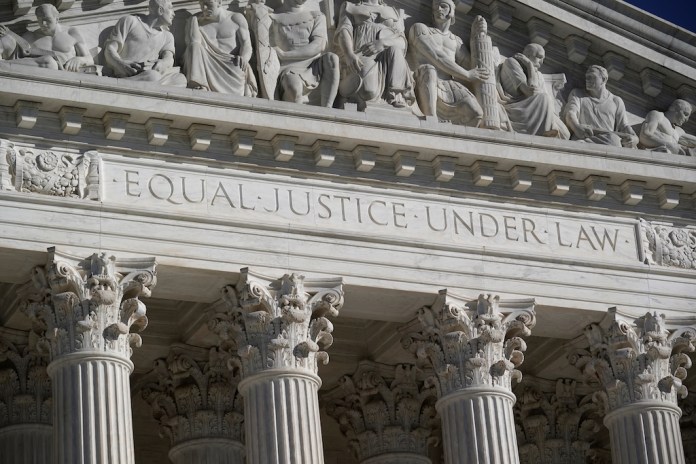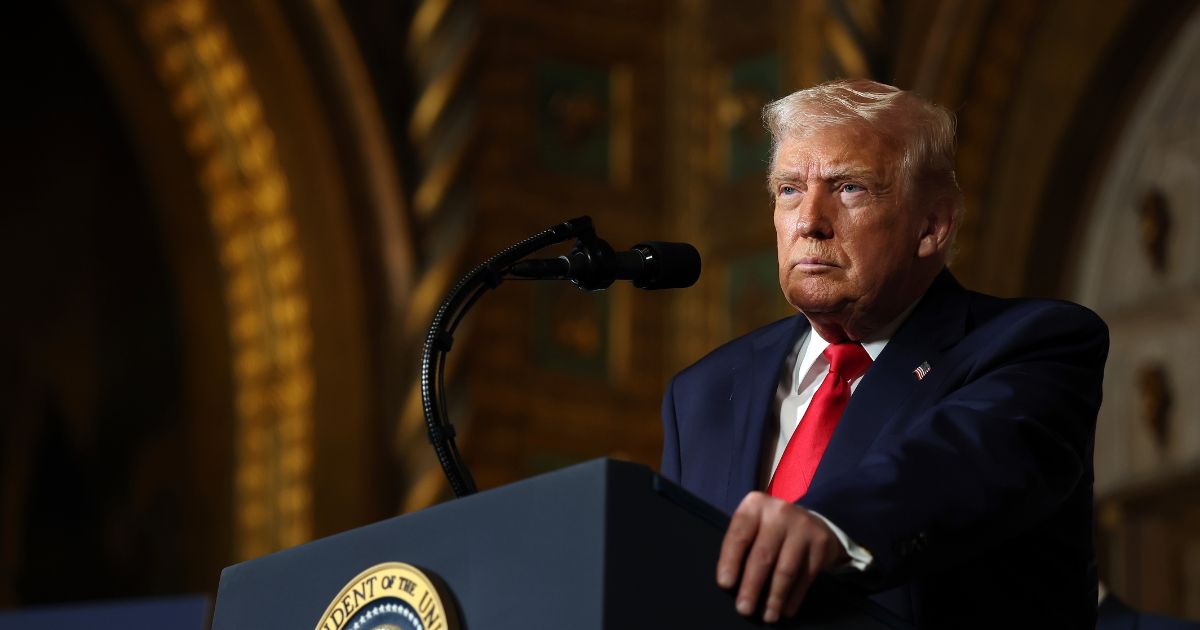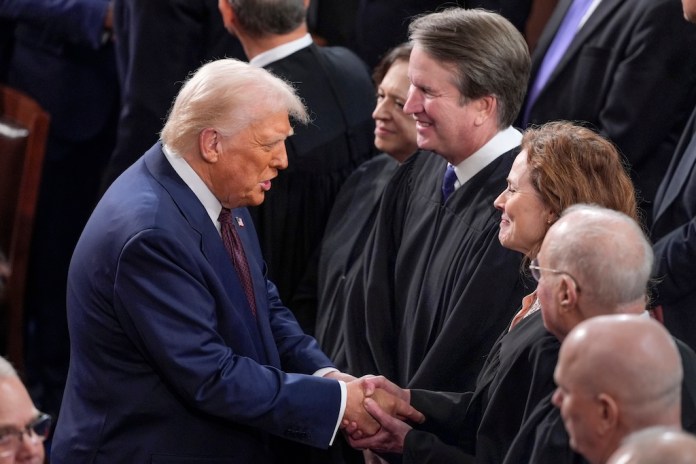Supreme Court won’t hear challenge to Biden voter registration order – Washington Examiner
The Supreme Court has decided not to hear a challenge from Pennsylvania Republican lawmakers against a Biden administration executive order aimed at increasing voter registration. The justices issued their decision without comment, rejecting the appeal that claimed the order was unconstitutional and intended to sway the upcoming election between Donald Trump and Kamala Harris. This executive order, signed in March 2021, called for nonpartisan organizations to assist with voter registration on federal agency premises. Critics among conservative lawmakers argued this practice unlawfully directed federal funds to boost Democratic voter turnout. The Pennsylvania GOP based their challenge on the “independent state legislature doctrine,” claiming that only state legislatures have the authority to regulate federal elections. However, prior to this challenge, similar arguments had already been addressed by Chief Justice John Roberts in an earlier ruling. Lower courts had previously dismissed the lawsuit against the executive order.
Supreme Court won’t hear challenge to Biden voter registration order
The Supreme Court on Monday declined to take up a challenge from Republican lawmakers in Pennsylvania to a controversial Biden administration executive order intended to boost voter registration.
The justices issued their decision without comment in rejecting the appeal from Pennsylvania GOP lawmakers, who claimed the order was an unconstitutional attempt to influence the Nov. 5 election between former President Donald Trump and Vice President Kamala Harris. Lower courts had already dismissed the lawsuit.
In March 2021, President Joe Biden signed an executive order that specifically called for “soliciting and facilitating approved, nonpartisan third-party organizations and state officials to provide voter registration services on agency premises,” which conservative lawmakers and groups said unlawfully funneled federal funds to promote Democratic voter turnout.
Pennsylvania Republicans hinged their request to contest the order on a theory that says the authority for regulating federal elections is singularly vested in state legislatures, also known colloquially as the “independent state legislature doctrine.” They also argued that the electors clause of the Constitution should justify quashing the executive order.
However, Chief Justice John Roberts already addressed a similar version of this argument in a 2023 decision, in which he and five other justices ruled against Republican lawmakers in North Carolina.
“The Elections Clause does not insulate state legislatures from the ordinary exercise of state judicial review,” Roberts wrote in the case, known as Moore v. Harper.
However, lawmakers in Pennsylvania said the Supreme Court still needed to determine “individual state legislator standing” over the challenge against the executive order.
But the denial of the challenge is still a blow to other groups that have supported efforts for more transparency behind the executive order’s functions.
Pro-Trump organizations such as America First Legal had called the Biden executive order “an unprecedented election interference program through the federal government’s agencies,” according to a statement in December 2023, which also noted that details of the plan were concealed due to an “unlawful” declaration of executive privilege.
AFL has continued its efforts via litigation to gain more insight into the strategic planning behind the executive order and how it mobilizes agencies for voter registration purposes.
" Conservative News Daily does not always share or support the views and opinions expressed here; they are just those of the writer."



